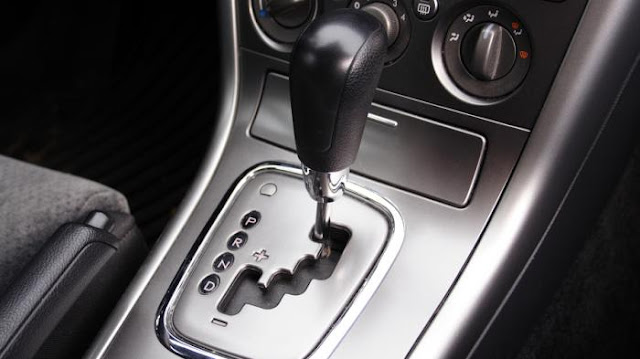Modern cars have a very complex system that powers the engine and eliminates vehicle exhaust. A failure of any part of this system can lead to a car that is slow to accelerate. In most cases, the problem can be attributed to the fuel system.
 |
| The car is slow to speed up the inspection service |
The car is slow to speed up the inspection service
How this system works:
The fuel system is responsible for fueling the engine. The fuel is mixed with air, atomized and vaporized in the intake system, which allows the engine pistons to be powered. There are different types of fuel systems, but most of them have the same basic components.
The fuel tank stores gasoline. The fuel is drawn by the fuel lines through the fuel pump and feeds the fuel injectors. Older cars have a carburetor and throttle body injectors instead of fuel injectors. Fuel injectors spray gasoline into cylinders where it mixes with air and ignite during the compression phase. The result is an explosion that moves the pistons.

Common reasons for this to happen:
Fuel Injector Faulty or Obstructed: Fuel injectors may be clogged due to fuel contamination. Fuel injectors, by their very nature, must be very precise to control the amount of fuel injected into the combustion chamber, so that very small passages are available to route the fuel. Over time, these tiny passages will clog up which will hinder fuel delivery.

When an injector is clogged, it can degrade the performance of the vehicle and the car can accelerate slowly or feel that it does not have enough power. Other symptoms include an irregular idle, a vehicle that is difficult to start and a decrease in fuel consumption.
Faulty fuel pump:
The fuel pump pulls fuel from the fuel tank to the engine through the fuel lines. If the pump stops working, malfunctions or gets dirty, it will not provide enough fuel to the injectors. This can cause a slow acceleration of the vehicle, even crackling, especially at high speed.

Fuel filter clogged:
The fuel filter has the function of filtering the fouling in the fuel and, if it becomes clogged, it can limit the amount of fuel reaching the injectors. This can cause a vehicle to accelerate slowly. Fuel filters are designed to be replaced regularly.

Dirty Air Flow Sensor:
This part detects the air mass entering the fuel injection system and transmits this information to the engine computer, which allows the computer to provide the appropriate amount of fuel. fuel in the air. These sensors can get dirty or malfunction over time, causing erroneous data to be sent to the computer. A car that is accelerating slowly is the result of this incorrect data. This could also trigger the Check Engine light.

Fuel Line Leakage:
Leakage in the fuel line will drain enough fuel to leave the injectors missing. This not only affects the performance of the car, but will also create a dangerous situation. If you smell gasoline near the car or see a puddle of gasoline under the vehicle, the car should be inspected and repaired immediately.

Vacuum Leak:
A leak in the vacuum system can affect the car's computer system's ability to properly regulate the fuel / air ratio. One of the main symptoms of a vacuum leak is a car that is slow to accelerate or has the impression of lack of power. In addition, the control engine light will likely illuminate.

Faulty catalytic converter:
A faulty or dirty catalytic converter will prevent a sufficient amount of air from entering the engine. In most cases, the vehicle will warm up more than normal, will accelerate slowly and will feel like a loss of power. Problems with the c
Tidak ada komentar:
Posting Komentar